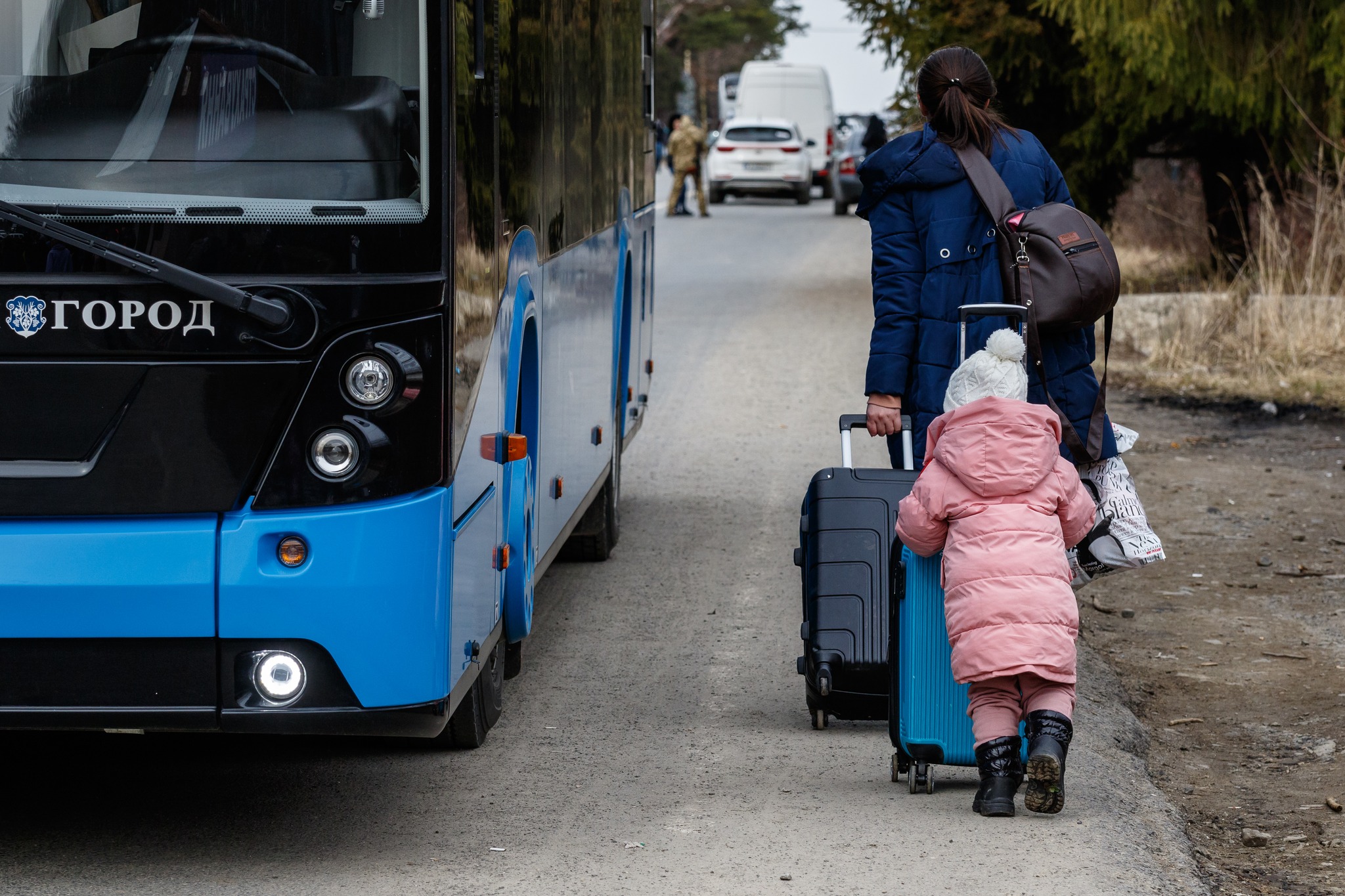A survey in 2022 showed that 39% of refugees do not plan to return to Ukraine.
Based on current data, 18% of Ukrainian refugees found a job in Germany, 1% more than in the 2022 survey. This is because three-quarters of refugees were participating in language courses and integrations.
Finding a job is most challenging for women with children, of whom only 3% are employed, while according to the survey, half of all women who arrived in Germany after the beginning of Russia's all-out war have at least one child.
Meanwhile, 23% of men with small children are employed, often because they typically have a partner accompanying them.
"For parents to be able to attend language courses and be employed and for children to learn the language, have a structured everyday life and make friends," Andreas Ette, head of the International Migration Research Group at the Federal Institute for Population Research said, explaining the importance of the supply of childcare places.
The survey, which includes the responses of 7,000 Ukrainian refugees living in Germany, is a joint effort of the DIW Berlin institute, the IAB, the ministry for migration and Refugees as well as the federal institute for population research, Reuters said.
According to the United Nations Refugee Agency, as of 7 February 2023, a total of 8,054,405 Ukrainians were registered as refugees in Europe. Most of them were accepted by Poland (1,541,394), Germany (1,062,029), and Czechia (487,393).
Related:
- They thought we are cave people: stereotypes Ukrainian refugees face in Europe
- 6.3 million Ukrainian refugees registered abroad – UNHCR
- Ukrainian refugees: blow to Ukraine’s demography, godsend for the EU
- Sisters in misfortune: Ukrainian refugees in Croatia start life anew
- EU companies pledge jobs, training for 250,000 Ukrainian refugees



